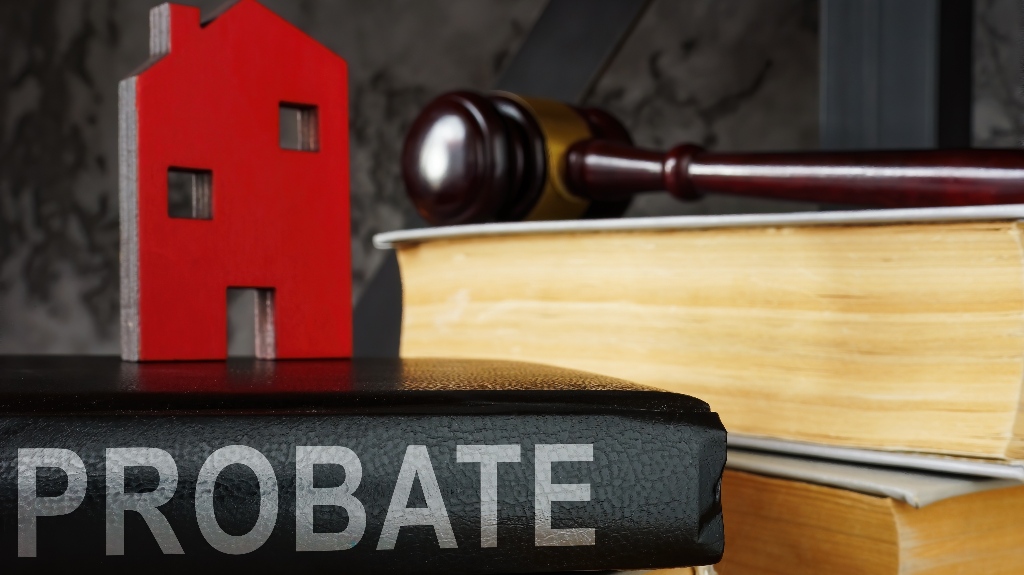Probate is the legal process of settling a deceased person’s estate, including validating their will, paying debts, and distributing assets. In Alabama, probate is not always required, but when it is, understanding the rules can help families avoid delays, disputes, and unnecessary expenses. This guide explains when probate is necessary in Alabama and how to determine whether an estate qualifies for simplified alternatives.
The estate planning lawyer at The Bales Law Firm can help you learn more about Alabama probate, how to handle it, and even how to avoid it when possible. Contact us today to learn more.
What Is Probate in Alabama?
Probate in Alabama refers to the court-supervised process of administering a decedent’s estate. It ensures that:
- The will (if any) is valid
- Assets are properly identified and valued
- Debts and taxes are paid
- Remaining property is distributed to heirs or beneficiaries
The process varies depending on whether the decedent had a valid will (testate) or died without one (intestate).
When Probate Is Required
Probate is generally necessary in Alabama when:
- The decedent owned real estate solely in their name
- There is no valid will, or the will is contested
- The estate includes probate assets, property that does not pass automatically to another person
- The estate exceeds the threshold for small estate procedures
Common probate assets include:
- Solely owned real estate
- Bank accounts without joint ownership or payable-on-death designations
- Life insurance policies payable to the estate
- Personal property not held in trust
If any of these assets exist, a formal probate proceeding is potentially required. Whether probate is necessary in your specific situation, however, depends highly on the facts. Speak with a probate attorney in Alabama for personalized guidance.
When Probate May Not Be Necessary
Not all estates require probate. Probate may be avoided if:
- The decedent’s assets pass directly to beneficiaries through joint ownership with rights of survivorship
- Assets are held in a revocable living trust
- Financial accounts have transfer-on-death (TOD) or payable-on-death (POD) designations
- Life insurance policies and retirement accounts name specific beneficiaries
Additionally, Alabama’s Small Estate Act allows for a simplified process if:
- The estate is valued below a specific monetary threshold
- No real estate is involved
- The decedent has been deceased for at least 30 days
- All debts and expenses have been paid or arrangements made
This alternative, called summary distribution, avoids the full probate process and can be completed more quickly.
How to Determine If Probate Is Necessary
To assess whether probate is required:
- Inventory the Decedent’s Assets: Identify all property, accounts, and insurance policies.
- Review Ownership And Beneficiary Designations: Determine if assets pass automatically.
- Check for a Valid Will: If one exists, it must be filed with the probate court.
- Evaluate the Estate’s Value: If under the threshold and no real estate is involved, summary distribution may apply.
If the estate includes probate assets located in Alabama, probate is likely required, even if the decedent lived elsewhere.
Types of Probate Proceedings in Alabama
Alabama offers two main types of probate:

- Formal Probate: Used for larger estates or when a will exists. Requires court filings, notices to heirs, and appointment of a personal representative.
- Summary Distribution: Available for small estates under the Small Estate Act. Requires fewer steps and less time.
Why Probate Matters
Probate ensures that:
- Assets are distributed according to the law or the decedent’s wishes
- Creditors are paid appropriately
- Heirs receive clear title to property
- Fraud and mismanagement are prevented
Skipping probate when it is required can lead to legal complications, delayed asset transfers, and disputes among heirs.
Get Help Navigating Alabama Probate
Understanding when probate is necessary in Alabama can save time, money, and stress. Whether you are dealing with a complex estate or a modest one, knowing your options is the first step toward a smooth resolution.
Let the experienced estate planning attorney at The Bales Law Firm guide you through the probate process. Contact us today for a consultation.


